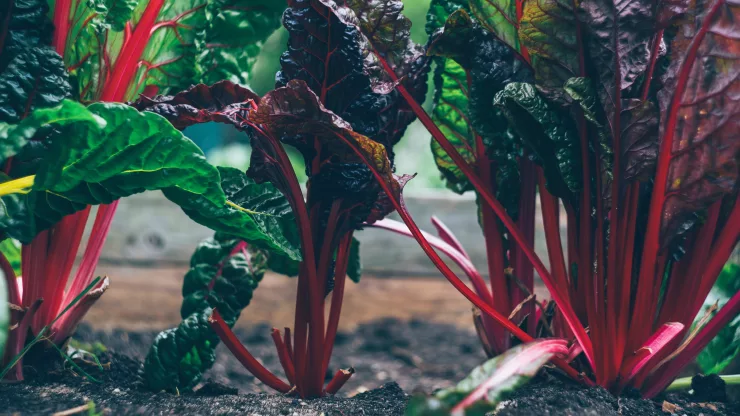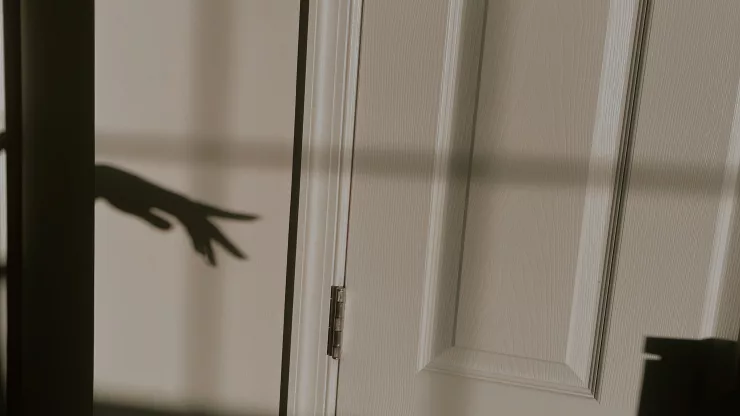Jump to Section
The Benefits of Gardening
Gardening is more than just a hobby or a way to make your surroundings look beautiful. It is a form of therapy that can have a positive impact on your physical, mental, and emotional well-being.
Gardening has been shown to reduce stress, improve mood, increase physical activity, and provide a sense of purpose and accomplishment.
In this article, we will explore the many benefits of gardening and how you can get started with this rewarding activity.
Gardening for Physical Health and Fitness
Gardening is a great way to stay active and improve your physical health. It is a low-impact exercise that can help you build strength, flexibility, and endurance.
Here are some of the physical benefits of gardening:
- Burns calories: Depending on the activity, gardening can burn anywhere from 200 to 400 calories per hour.
- Increases vitamin D: Exposure to sunlight helps your body produce vitamin D, which is essential for strong bones and a healthy immune system.
- Boosts heart health: Gardening can lower your risk of heart disease by reducing blood pressure and cholesterol levels.
- Improves balance and coordination: Gardening involves a variety of movements that can improve your balance and coordination.
Gardening for Mental Health and Stress Relief
Gardening has been shown to have a positive impact on mental health and can help reduce stress and anxiety. Here are some of the mental health benefits of gardening:
- Reduces stress: Gardening has been shown to lower levels of cortisol, a hormone that is associated with stress.
- Improves mood: Gardening can increase levels of serotonin, a neurotransmitter that is associated with feelings of happiness and well-being.
- Enhances mindfulness: Gardening can help you stay present in the moment and focus on the task at hand, which can improve mindfulness and reduce rumination.
- Boosts self-esteem: Gardening can provide a sense of purpose and accomplishment, which can improve self-esteem and confidence.
Gardening as a Source of Social Connection
Gardening can be a social activity that can help you connect with others and build a sense of community. Here are some of the social benefits of gardening:
- Provides opportunities for collaboration: Gardening can involve working with others to plan, plant, and maintain a garden.
- Builds relationships: Gardening can help you meet new people and build relationships with others who share your interests.
- Fosters a sense of belonging: Gardening can provide a sense of belonging and connection to the natural world and to others who care about the environment.
Gardening as a Sustainable and Eco-Friendly Practice
Gardening can be a sustainable and eco-friendly practice that can help you reduce your carbon footprint and contribute to a healthier planet. Here are some of the environmental benefits of gardening:
- Reduces waste: Gardening can help you reduce food waste by growing your own fruits and vegetables.
- Improves air quality: Plants absorb carbon dioxide and release oxygen, which can improve air quality and reduce pollution.
- Supports biodiversity: Gardening can provide habitats for pollinators and other wildlife, which can help support biodiversity.
- Reduces water usage: Gardening can help you reduce water usage by using rainwater or installing a drip irrigation system.
How to Get Started with Gardening
Getting started with gardening is easier than you might think. Here are some tips for getting started:
- Start small: Begin with a small garden bed or container garden.
- Choose the right location: Choose a location that receives adequate sunlight and has well-draining soil.
- Plan your garden: Decide what you want to grow and plan your garden accordingly.
- Get the right tools: Invest in good quality tools that are appropriate for the size of your garden.
- Learn as you go: Gardening is a learning process, so don’t be afraid to make mistakes and learn from them.
FAQ
How much time does gardening require?
The amount of time required for gardening depends on the size and complexity of your garden. A small garden bed or container garden may only require a few hours per week, while a larger garden may require several hours per day.
Do I need a lot of space to garden?
No, you don’t need a lot of space to garden. You can start with a small garden bed or container garden and expand as you gain experience.
Can I garden if I don’t have a yard?
Yes, you can still garden if you don’t have a yard. Container gardening is a great option for those with limited space, and you can even grow herbs and vegetables indoors.
What should I grow in my garden?
The plants you choose to grow in your garden will depend on your personal preferences and the growing conditions in your area. Some popular options include tomatoes, peppers, herbs, and flowers.

With a deep passion for personal development, Ben has dedicated his career to inspiring and guiding others on their journey towards self-improvement.
His love for learning and sharing knowledge about personal growth strategies, mindfulness, and goal-setting principles has led him to create My Virtual Life Coach.
Contact Ben at [email protected] for assistance.




